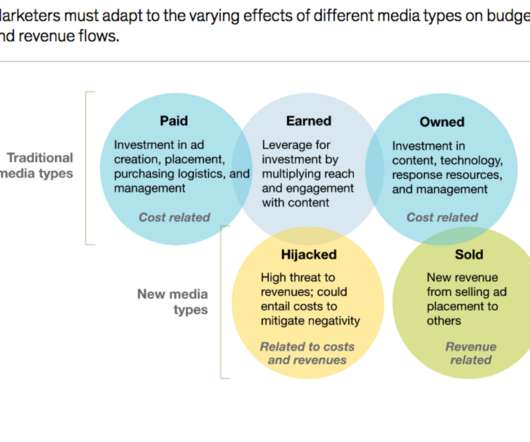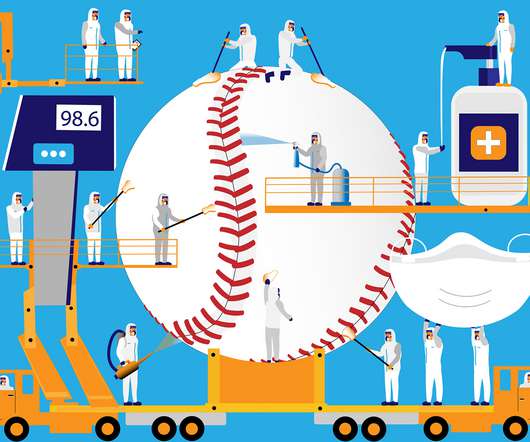Why the ‘Stealing Thunder Theory’ of Crisis Comms Requires Focus and Intent
PRSay
MAY 15, 2024
For more articles on crisis management, please check out the May 2024 issue of Strategies & Tactics. From journalism layoffs to AI-generated mis- and disinformation and from apathy to indifference, how media covers crisis and how the public consumes news has changed. What does this mean for crisis communications?












Let's personalize your content